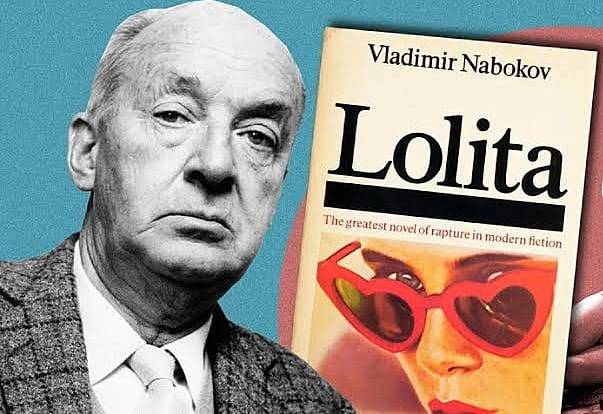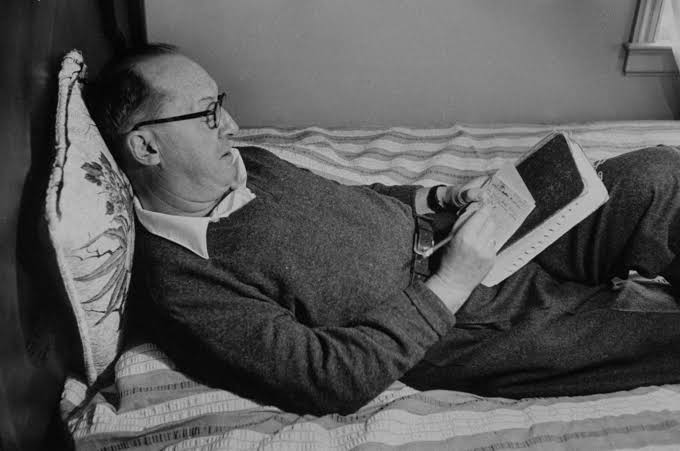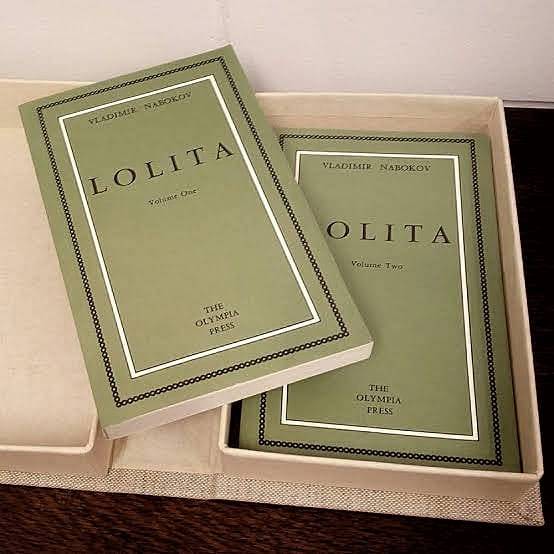Controversial literature has been a constant presence throughout history, starting discussions about morality, censorship, and the boundaries of literary freedom. From classic works that challenged societal norms to contemporary pieces sparking heated debates, controversial literature continues to play a significant role in shaping cultural capabilities.
Throughout history, authors dared to confront taboo subjects, challenging present attitudes and beliefs. Controversial topics in literature have both fascinated and alarmed audiences.
This literature often faced censorship or challenges from authorities, institutions, or community groups. Books have been banned, burned, or restricted for reasons ranging from explicitness and blasphemy to political disputes and social criticism. Yet, these efforts to suppress controversial works often spark public interest and fuel the very debates they seek to finish.
The clash between morality and literary freedom lies at the heart of the debate surrounding controversial books. While some argue that certain works promote harmful ideas or values, others defend the right of authors to explore difficult or uncomfortable topics in their writing. This tension raises questions about who gets to define what is morally acceptable in literature and where the line should be drawn between artistic expression and social responsibility.
Despite controversies and challenges, controversial literature continues to leave a long staying impact on society. Many works that were once set to be scandalous or offensive are now celebrated as literary classics, challenging readers to reconsider their thoughts and opinions and confront uncomfortable truths. These works also inspire new generations of writers to push boundaries and explore the complexities of the human experience.
Controversial topics in literature serve as a powerful catalyst for exploring morality, challenging forums, and defending the principles of literary freedom. While debates about the boundaries of acceptable expression will surely continue, the ever staying legacy of controversial works reminds us of the importance of handling difficult ideas and confronting uncomfortable truths in the pursuit of a more enlightened society.
Vladimir Nabokov’s “Lolita” stands as one of the most controversial and provocative novels of the 20th century, pushing the boundaries of literature and challenging societal norms. Since its publication in 1955, the book has ignited fierce debates, sparked both criticism and admiration, and left a permanent mark on history.
Lolita tells the story of Humbert Humbert, a middle-aged literature professor, and his obsession with Dolores Haze, a twelve-year-old girl he nicknames Lolita. Through Humbert’s unreliable graphic narration, the reader is drawn into a disturbing psychology of forbidden desire, manipulation, and moral depravity as he narrates his illicit relationship with Lolita and their turbulent journey across America.
From the moment of its publication, Lolita sparked controversy and outrage due to its subject matter and explicit themes. Critics and readers alike were divided over the novel’s portrayal of pedophilia and its treatment of taboo topics such as sexual obsession and exploitation. Most attacked Nabokov’s work as morally disgraceful and unfit for public consumption, while others praised its literary merits and psychological depth.
In 1958, the novel faced censorship when the French government banned its publication, citing obscenity laws. Despite this setback, Lolita continued to circulate underground, gaining dishonor and fueling curiosity among readers Lolita stays controversial mainly due to its exploration of taboo and morally questionable themes to this present day.
Nabokovs’s decision to tell the story through Humbert’s eyes, with its incredibly deep writing adds layers of vulnerability to a topic that already was too soft to touch, blurring the lines between empathy and forgiveness.
The novel came out during a period of social upheaval with changing attitudes towards sexuality and the role of literature in society.
The novel deals with the taboo subject of pedophilia and the sexual exploitation of a minor, pushing societal boundaries ,norms and morals.
His predatory behavior towards Lolita was deeply unsettling and Nabokovs’s unflinching portrayal of their relationship forces readers to confront uncomfortable truths about desire and power.
Humbert serves as the narrator of Lolita, presenting his version of the events and justifying his actions through a lens of delusion and manipulation.
His narration that is purely unreliable adds complexity to the narrative as readers must choose to balance and navigate between empathy for his tragic background story and condemnation of his scandalous behavior.
Some argue that the book should be appreciated for it’s artistic value, while others shame it for the romanticizing and normalising pedophilia.
Beyond its controversial subject matter, Lolita is celebrated for its great writing, intricate complex narrative structure, and masterful study of complex themes. Nabokov’s verbal skill and ability to inhabit the psyche of his unreliable narrator elevates the novel to a work of literary geniusness, giving it a place among the pedestal of great literature.
Over the years, Lolita has inspired countless adaptations, including films, stage productions, and musical compositions, further cementing its status as a cultural touchstone. Its influence goes beyond the field of literature, making discussions around sexuality, power dynamics, and the ethics of representation in art.
Lolita remains as controversial and captivating today as it was upon its initial publication, challenging readers to confront uncomfortable truths and grapple with the complexities of human desire. Despite the moral ambiguities and ethical dilemmas it presents, Nabokov’s novel endures as a testament to the power of literature to provoke thought, evoke emotion, and spark dialogue. Whether viewed as a masterpiece of literary innovation or a troubling exploration of taboo, “Lolita” continues to captivate and unsettle, leaving an indelible imprint on the literary landscape for generations to come.
Vladimir Nabokov employs a unique narrative structure, utilizing an unreliable narrator, Humbert Humbert, to tell the story. This narrative technique adds layers of complexity and depth to the novel, challenging readers to critically analyze the events and themes presented.
Nabokov’s writing in “Lolita” is celebrated for its linguistic virtuosity and poetic prose. His mastery of language, wordplay, and intricate descriptions captivates readers and elevates the novel to a work of literary artistry.
While controversial, the novel’s exploration of taboo themes such as desire, obsession, and the nature of love provokes thought and reflection. Nabokov confronts uncomfortable truths about human nature and society, prompting readers to engage with complex moral and ethical questions.
Lolita works into the psychological coil of its characters, particularly Humbert Humbert, offering insights into the human psyche and the motivations behind his actions. The novel’s subtle portrayal of Humbert’s inner hectic thoughts and conflicting emotions adds depth and richness to the narrative.
Lolita continues to bring discomfort with its exploration of deeply unsettling moral issues. Despite being a work of fiction, the novel forces readers to face the uncomfortable potential of society in general and the darker aspects of nature prompting reactions and moral unease.
Nabokovs’s accuracy and attention to detail and vivid and graphic descriptions increase the sense of discomfort, pulling the readers into the disturbing reality of Humbert’s obsession with Lolita
Lolita challenges societal norms and morals and boundaries, raising complex hard questions about the nature of desire and pushing boundaries of empathy while also maintaining a moral compass.
In the ending chapters of Lolita, Humbert found himself in prison for his crimes of seducing and abusing Dolores Haze, also known as Lolita. The narrative takes a heartbreaking turn as Humbert reflects on his past actions, and expresses a mixture of regret, longing, and delusion. As he thinks about the consequences of his obsession, Humbert grapples with his own moral blame and the depth of his feelings for Lolita. The final lines of the novel resonate with a sense of unresolved tension, leaving readers to ponder the complications of desire, lust, guilt, and the volatile nature of him repenting.
Despite its controversial subject matter, Lolita has had a great impact on literature and popular culture. The novel’s legacy provides proof to its significance as a literary masterpiece.
Lolita digs into taboo themes such as desire, obsession, and the nature of love with unflinching vulnerability, honesty and depth. While Humbert’s infatuation with Lolita is morally blame worthy, Nabokov explores the complexities of human emotion and motivation with variation and sensitivity. The novel challenges readers to stare in the eyes of the darker aspects of human nature, prompting reflection on the complications of morality, ethics, and the nature of innocence.
Whether we view Lolita as a cautionary tale in literature or a work of a genius, its holding relevance stresses the power of literature to fuel introspection and ignite dialogue. Ultimately, as we navigate the intricate web of Nabokov’s narrative, we are reminded of the lasting power of storytelling to brighten the complexities of the human experience.
Lolita stands as a proof to the persisting allure and controversy of forbidden desires. Through Nabokov’s great writing, we readers are both captivated and repelled by the intricate contradiction between protagonist and antagonist, beauty and horror. As we turn the final page, we are left to cope with uncomfortable truths about the nature of obsession, gaslighting and the power of lust . Yet, in facing these uncomfortable realities, we are reminded of literature’s ability to challenge the way we perceive literature and spark critical thinking. Lolita continues to pull and tempt readers into its dark and unsettling world.
Lolita transcends mere controversy to offer a profound exploration of human nature and societal taboos.
As we navigate the dirty waters of Humbert Humbert’s narrative, we are forced to question our own assumptions and moral compasses, ultimately leaving us with more questions than answers, we are left to ponder the depths of human longing and the delicacy of morality.
Love it or loathe it, Lolita remains through the years a puzzling work that cannot be easily categorized or forgotten.



